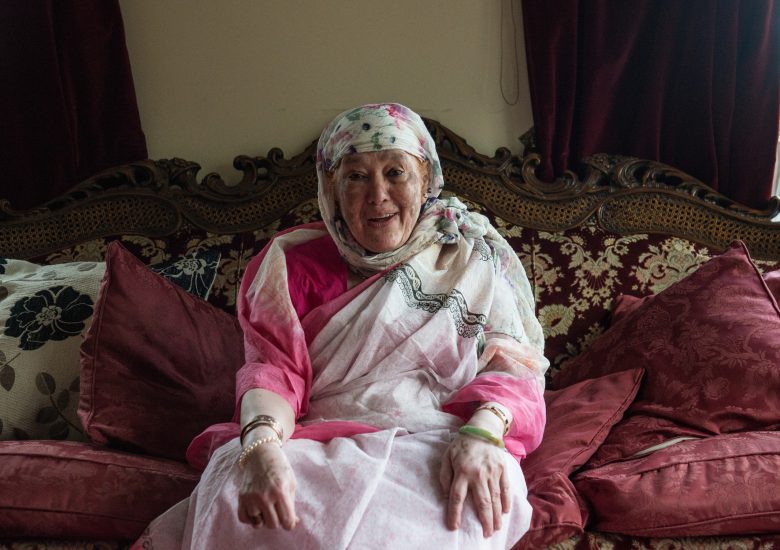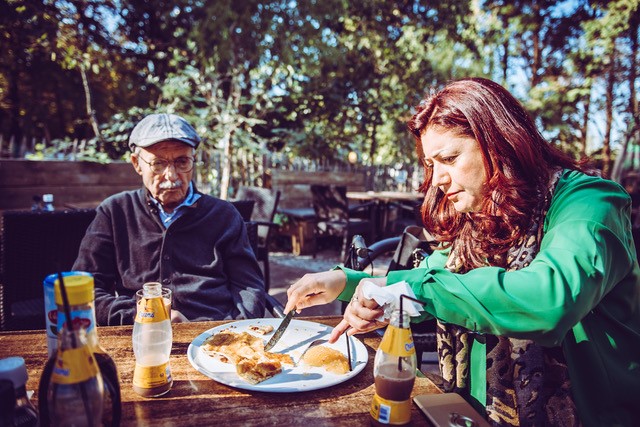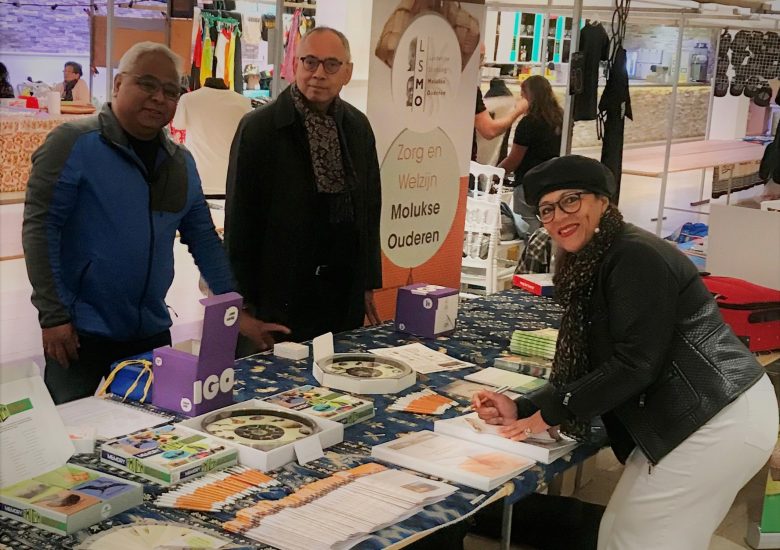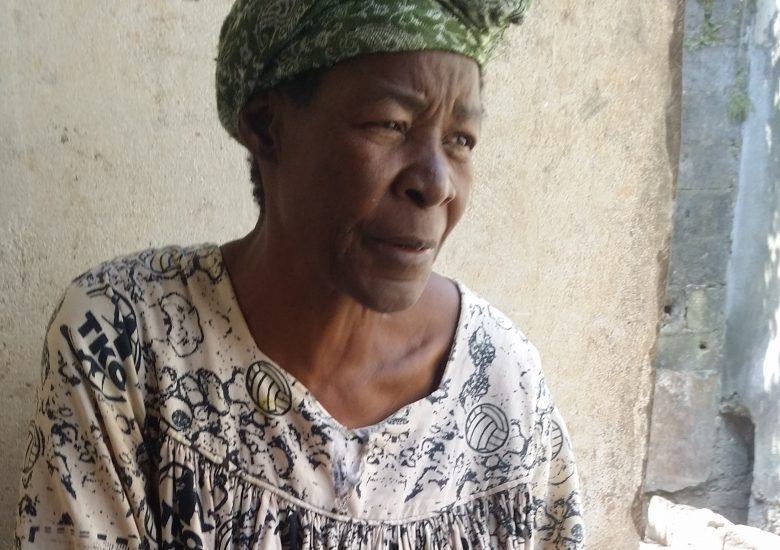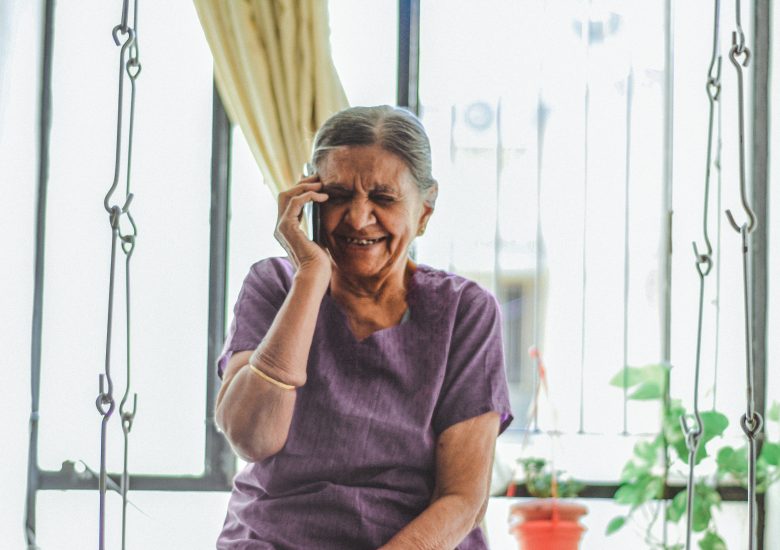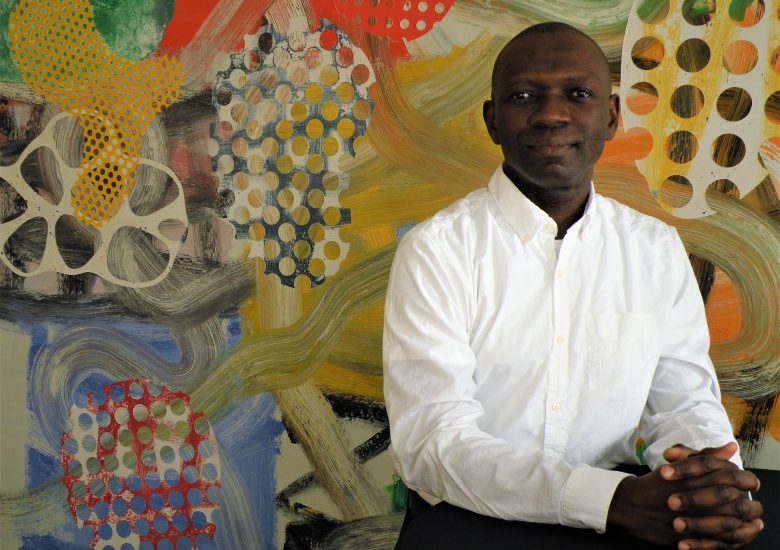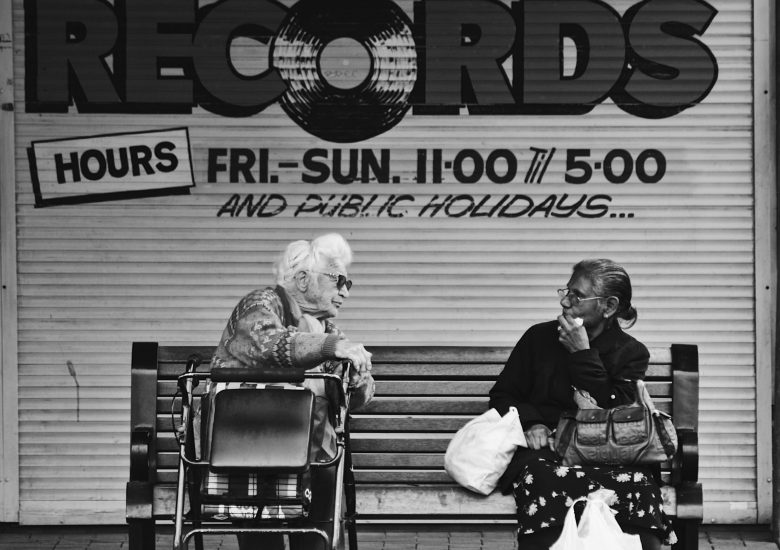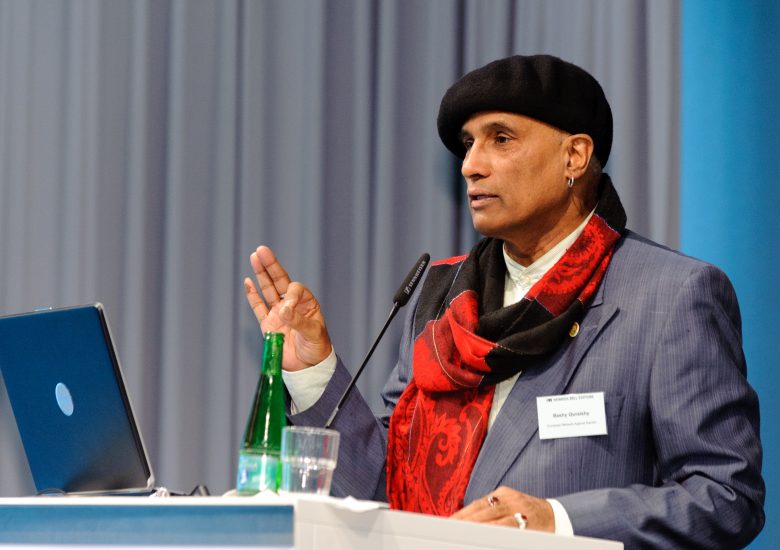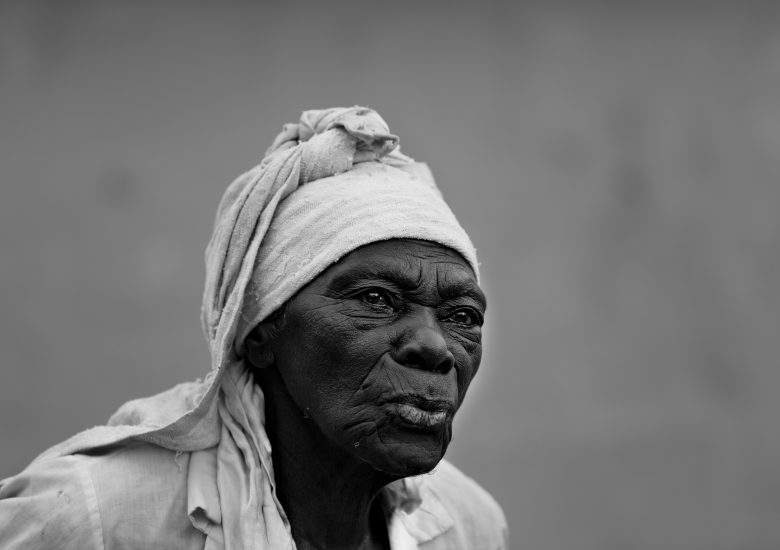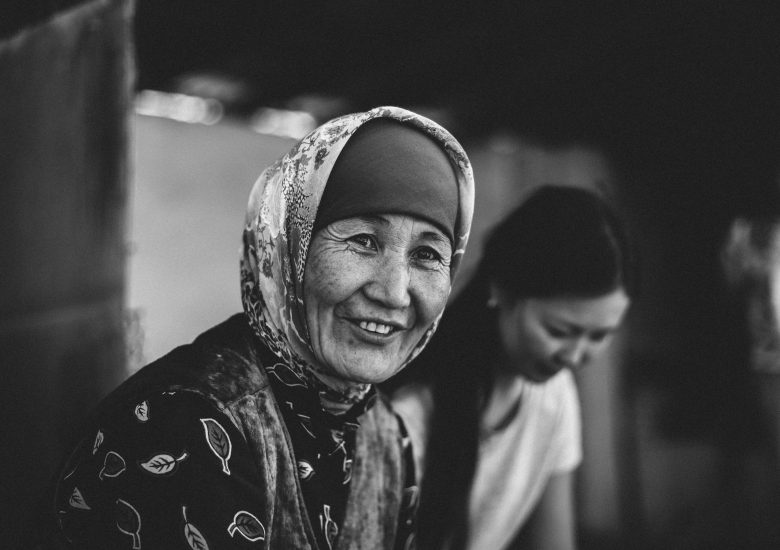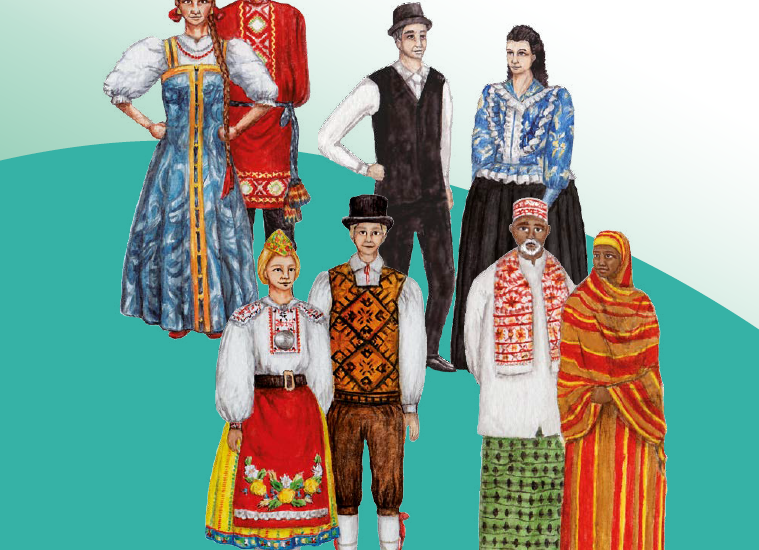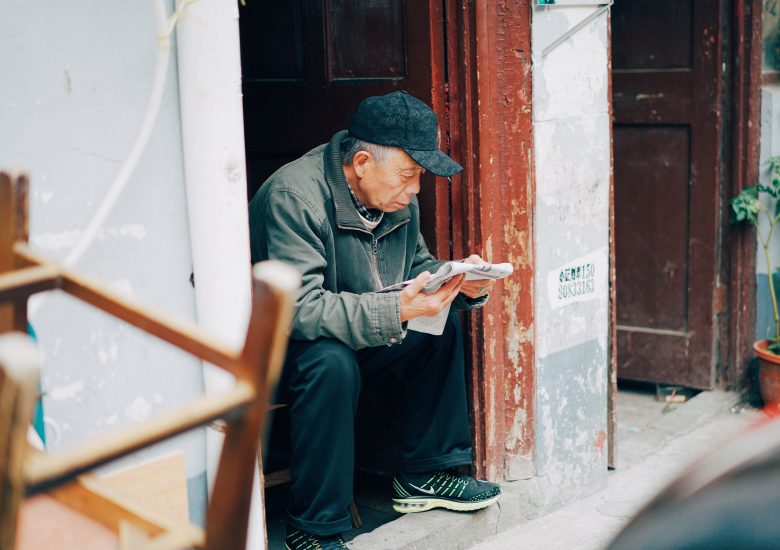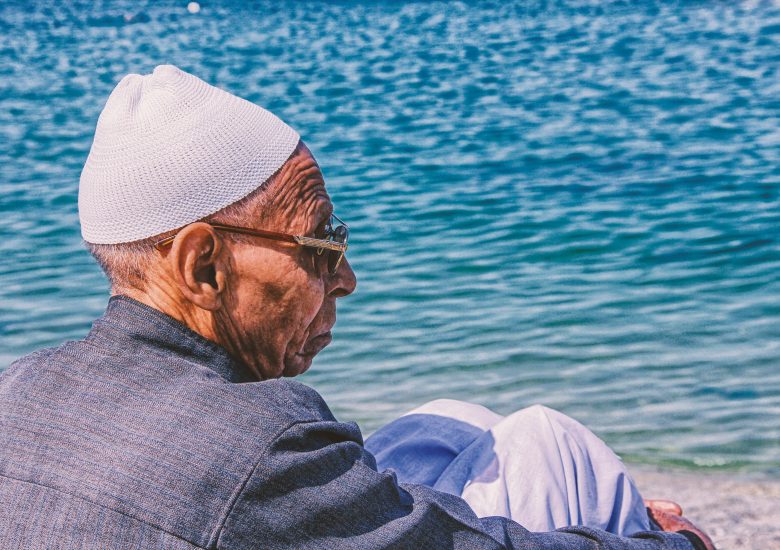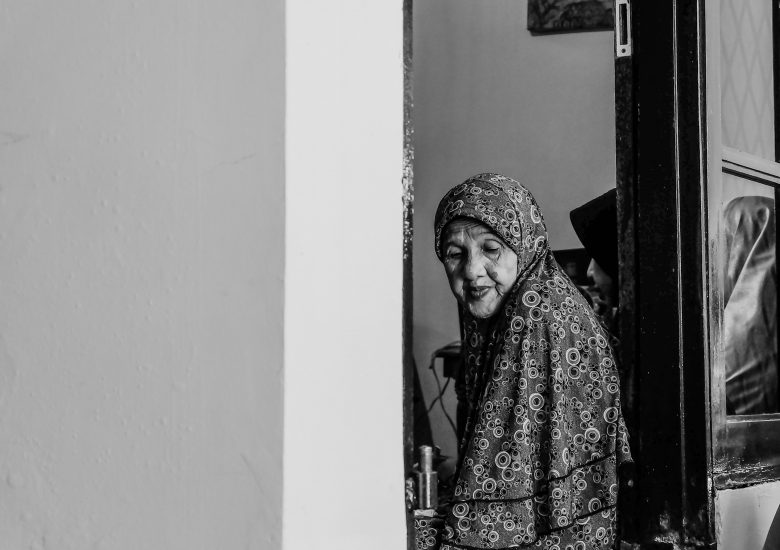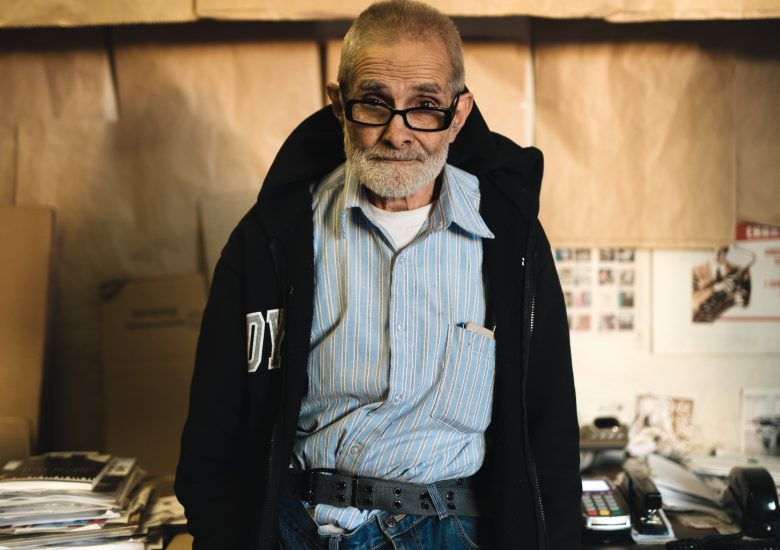Racial and ethnic minority groups are likely to enter old age in poorer health and at greater risk of vulnerability due to life-long differential treatments.
Older people of colour, ethnic minorities and migrants is a growing population in Europe. They face specific challenges in accessing employment, housing, health and care services, etc. Considering current demographic trends as well as past and continued migration trends to Europe, older people from racial and ethnic minority groups will continue to grow.
The first generation of migrants who arrived in the 1960s as a labour force and are now getting older and mobile populations have specific needs. Most of the older Roma population for instance has low levels of education, which makes their social inclusion a harder task. On top of cultural differences, widespread racial discrimination and exclusion experienced by most of them drive them into worsened situations as they reach older age.
When it comes to employment, older people typically face difficulties in finding a job after being fired but the situation is particularly difficult for older people of colour and the Roma population. While ethnic minorities face in general lower working standards in employment (such as lower wages, longer hours, unsafe working conditions and higher risk of unemployment), they tend to age in poorer health.
They are more likely to live in poorer quality and crowded accommodation which is poorly insulated, unsafe, lack adaptation and in a general state of disrepair. Most of the time living in deprived areas, older people from racial and ethnic minority groups have poor access to facilities which increases loneliness and social exclusion. Due to lower economic status, sheltered housing schemes are very often not affordable, and therefore inaccessible, for non-Caucasian older people.
Older people from ethnic minorities report poorer health outcomes than white older people no matter what their social and economic conditions are. The ‘health disadvantage’ is particularly salient among older people of South Asian origin. Research also shows that black and minority ethnic people were diagnosed with dementia on average 4.5 years younger than their white counterparts, possibly due to cultural bias in memory testing and diagnosing dementia.
Despite poorer health, people from racial and ethnic minority groups experience barriers to accessing certain healthcare services due to cultural differences influencing their health beliefs and behaviours, language barriers, and unfamiliarity with the system. The poor provision of services to treat and care “ethnic” diseases as well as the absence of health services in the neighbourhoods where non-Caucasion people live may result in poor access for certain populations. Yet, if the practice and tradition is for the family to take care of the old and frail like it is the case in Roma communities for instance, the lack of social and financial support entails an inherent risk of inadequate or inappropriate care.
This theme is about ageism, race and ethnicity. Read the blog posts of our partners, testimonies, and add your voice by using the hashtag #AgeingEqual or submit your own stories online.
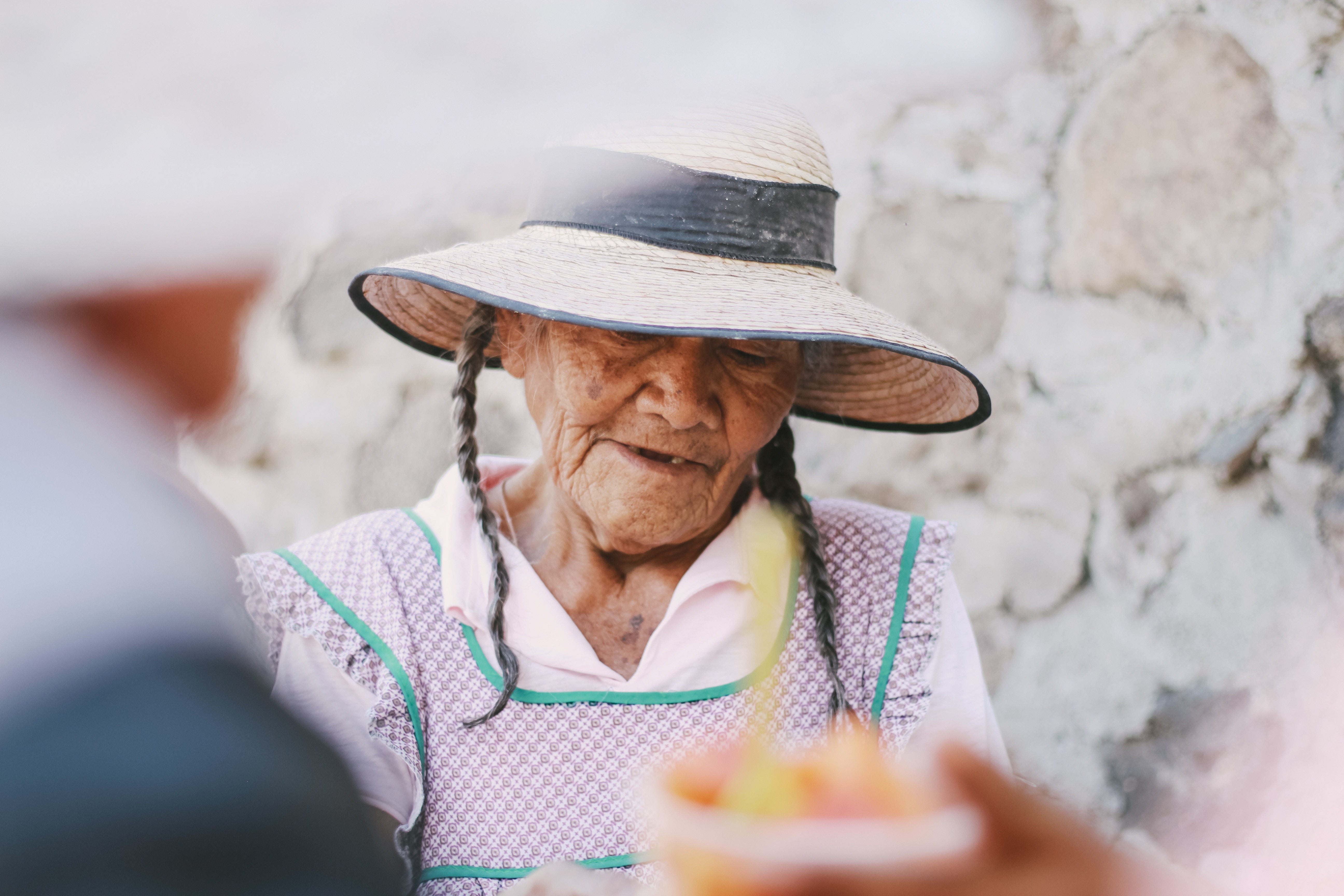
“A simple thing as an information you need from certain office or authority desk, just when they see you are Roma, they always do not have answers for you, don’t know what to advice you and how to assist you.”
Blagoi
“Instead of getting better and calmer as older Roma, we start to live each day more and more in insecurity for ourselves and for our children. If you don’t feel reassured by local authority, you just live and expect each day your “house” to be demolish and you are forced to go to another place. The bad think is that everywhere Roma are not welcome.”
Dana


